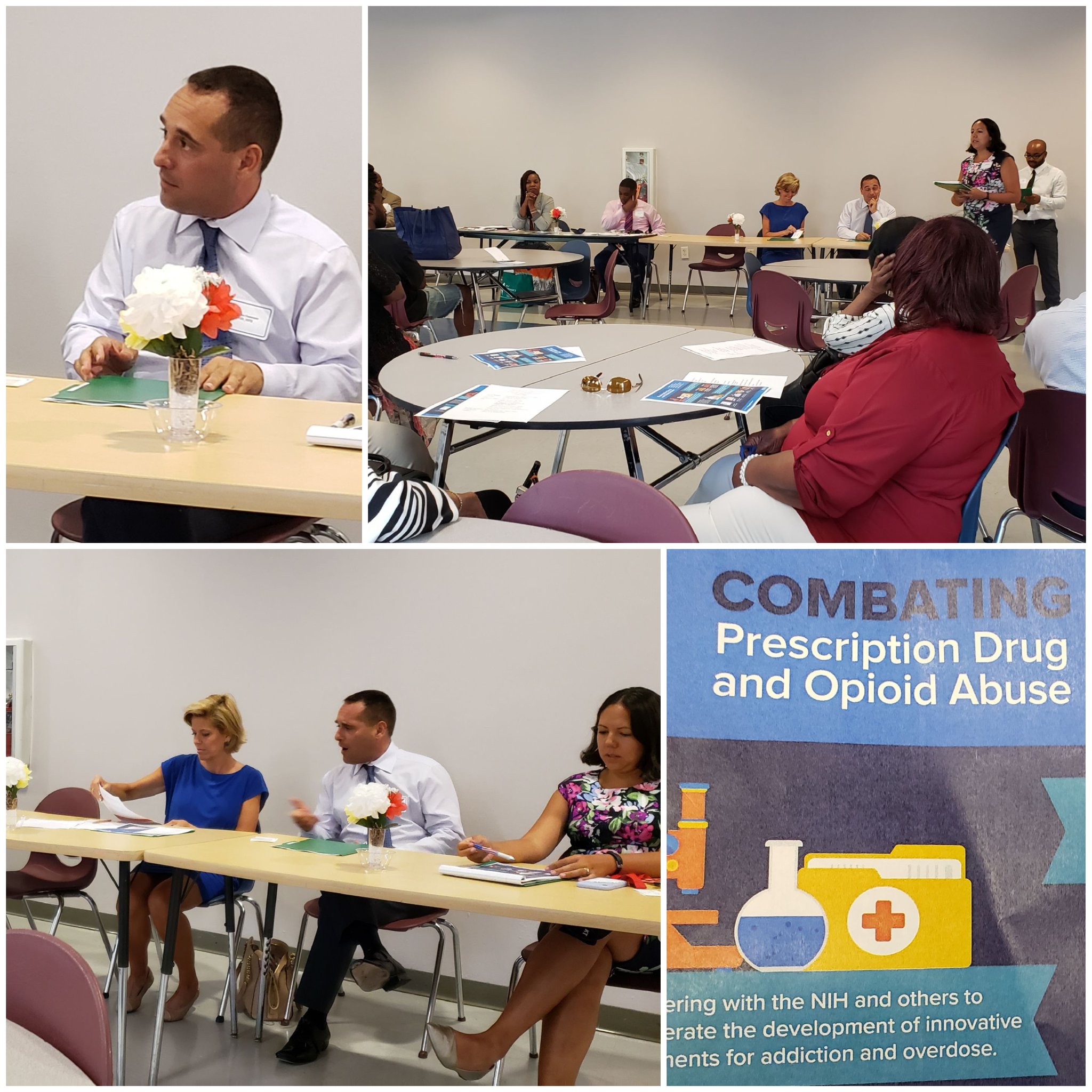Opioid Policies

Much like the rest of the United States, residents of the District of Columbia are struggling with substance use disorder (SUD) rate increases and high rates of opioid-related deaths. Unfortunately, these are multi-faceted issues that require year-long initiatives and systematic programs to address the myriad causes of addiction.
MSDC stands as a partner to the District government and private entities to help arrest the rates of opioid and substance abuse in the District. Through our advocacy for better prescribing practices, education on addiction, and even helping our own community through our Physician Health Program, MSDC is working to make DC a leader in reducing SUD, OUD, and addiction.
On a related note, MSDC is passionate about helping patients make prescriptions and medication more affordable. Whether expanding access to biosimilars or advocating for more affordable co-pays, MSDC wants to help our patients afford the medications they need.
MSDC Statement and Testimony on Opioid and Prescription Issues
25th Council information coming soon
Fed's Prior Auth Reforms Mirror DC Law
CMS's announcement yesterday of new reforms to the Medicare Advantage, Medicaid, and Affordable Care Act plans' prior authorization rules are a huge step in reducing physician paperwork burden. They also mirror legislation passed by DC and supported by MSDC last year.
Among other changes, the new rules would require coverage for urgent treatments within 72 hours and seven day for non-urgent treatments. Insurers will also need to publicize prior authorization denial rates and justifications for denials. Changes will mostly be in place by 2026. However, the changes do not apply to all drug prescriptions.
These reforms were similar to those included in then-B25-124, the Prior Authorization Reform Amendment Act. That legislation applied to the private insurance market and (as of February) implements shorter turnaround times, more insurer disclosures and reporting, and more protections for patients' treatments from process abuse. The DC law did require funding in the District budget to apply to Medicaid and Alliance programs, although it is unclear how the new CMS requirements change this calculus.
Sample of Legislation MSDC Tracked on Opioid and Prescription Policy
What does it do? The bill authorizes licensed pahrmacists to dispense interchangeable biological products and requires notifications to physicians when such interchangeables are dispensed.
MSDC position: MSDC has a position of priority support on this legislation, identifying its passage as one of its highest legislative priorities.
Current status: SUCCESS. The bill was passed by the Council and signed by the Mayor.
What does it do? The bill requires prescription opioid medications to include a statement that the drug is an opioid and opioids may cause dependence, addiction, or overdoes.
MSDC position: MSDC supports the legislation.
Current status: The bill had a hearing before the Committee on Health on July 29, 2020. MSDC leader Dr. Sam Kareff testified for the Medical Society. It passed the Council on November 10 and was signed by the Mayor December 7.
What does it do? The bill prohibits insurance companies from factoring the use of PreP in decisions related to disability, life, or long-term care policies.
MSDC position: MSDC supports this legislation
Current status: The bill was introduced on January 8, 2019 and assigned to the Committee on Business and Economic Development.
